
To Do List For The Soul
According to the Kabbalistic text Sefer Yetzirah, every month of the Jewish calendar is associated with a letter, sense, controlling limb, zodiac sign...

According to the Kabbalistic text Sefer Yetzirah, every month of the Jewish calendar is associated with a letter of the Hebrew alphabet, a sense (one of the five senses or an emotion), a controlling limb of the body, a zodiac sign and one of the twelve tribes of Israel. These associations give us important clues as to how to live in tune with the spiritual energies of each month, and can help each of us prepare our own personal to-do list for the soul.
Elul is the month when we prepare for the holidays of Rosh Hashanah and Yom Kippur. During this time we strive to repair our relationship with God, which can only be repaired if we willingly acknowledge that He is our King and we are His servants.
Because Elul is a time of spiritual repair, it is called “the month of repentance,” “the month of mercy” and “the month of forgiveness.” However, in order to do this repair, we first have to be clear about what God expects of us. It is not enough to do “self” improvement – to work on those things that we think will make our lives better and more enjoyable. We must strive to understand what God wants from us so that we will be worthy of the many gifts that we would like to receive and He would like to bestow upon us.
During Elul the Gates of Repentance are wide open and so if we request this understanding we will receive it. In fact the gematria (numerical value) of Elul is 67 (Alef [1]-Lamed [30] -Vav [6] -Lamed [30]), which equals the gematria of the word binah (Beit [2] – Yud [10] – Nun [50] – Hey [5]}.
Binah means understanding, and one of the tasks of binah is to take intellectual wisdom (chochmah) and turn it into action. Most of us know in our hearts what we need to do to be a better person. Most of us know which relationships give us trouble. During Elul we have an opportunity to take this knowledge and do something about it.
It is customary, therefore, to sit down with pen and pencil during this month and do a cheshbon nefesh (accounting of the soul). We need to take a deep look inside and see which character traits we still need to work on (anger, depression, impatience, etc.); which family or social relationships we need to improve; and how we can forge a closer connection with God.
When we take the time to do this work, the rewards are very great. Not only do we repair our relationships with others, but we also repair our relationship with God at the same time. *
Zodiac: Betulah (Virgo – the Virgin)
The betulah represents Israel, which is God’s beloved bride. This intimate relationship between the Jewish people and God is most fully expressed in King Solomon’s Song of Songs, where the bride (Israel) says to her groom (God): “I am my beloved’s and my beloved is mine” (6:3).
In Chassidut, this verse from Song of Songs is explained to refer to prayer. During prayer, we stand before God in a pure state and we can openly pour out our hearts. Therefore, the first step in our cheshbon nefesh is to take a few moments every day to utilize this wonderful gift of prayer.
To-Do List for the Soul
Cheshbon Nefesh: Step One
Take a few minutes in the morning and before you go to bed to speak to God in your own words. First, thank Him for the many gifts He has already bestowed upon you – good health, family and friends, a livelihood, etc.
Next admit to Him that there are areas in your life that you need to improve. Tell Him that you would like to use the month of Elul wisely so that you can repair your relationship with Him and your family and friends. Ask Him for help and guidance. Finish by thanking Him once again for listening to you and sending you assistance.
Letter: Yud.
The letter yud is the smallest letter of the Hebrew alphabet and it is also the only letter that sits suspended in midair.
In its form it resembles a pathway, with its smallest point pointing to the world below and its highest point pointing to Above. Yud has the power to direct and connect our actions in this world to a higher spiritual goal. Its pathway can help us find our direction in life.
Yud‘s smallness reminds us that “He who is small is big and he who is big is small” (Zohar 3:168a), because when we make ourselves small and subjugate our will to God’s will, we become great.
The words Yisrael (Israel) and God’s Name for Mercy (Yud-Keh-Vav-Keh) both begin with the letter Yud, thus showing one aspect of the eternal connection between God and the Jewish people. When we act like Yisrael and strive to live our lives in accordance with God’s Torah, God acts towards us with His Attribute of Mercy.
Cheshbon Nefesh: Step Two
In Step One we offered a general plea for Divine Assistance, but now we have to make our work more concrete. Therefore, find a quiet place where you will be able to sit undisturbed for one hour. Take a piece of paper and pen and write a letter to God.
In your letter, tell God about all the things that are stopping you from coming closer to Him.
Let Him know if there is a particular personality trait such as anger or jealousy or harboring a grudge that continually trips you up and causes trouble. Or if there is a specific person or situation that regularly sets off your anger or makes you worried and depressed.
Take the time to look back over the past year and write down concrete examples of instances where you feel that you failed to handle a situation properly. However, don’t try to look for excuses for your behavior or to blame others. This letter is between you and God – and no one else.
When you are finished, ask God to help you fix what is broken in your life. If you don’t know how to improve a relationship with someone, ask Him for wisdom. If you are working on improving a particular personality trait, ask God for His assistance.
Sign off by thanking God for listening to you and for His assistance. Keep the letter in a safe place where no one else will see it.
Tribe: Gad.
Gad means a “camp” or “company” and Gad’s special talent was to organize army camps in such a way that they would be successful in battle.
During Elul, we also need to call upon our organizational skills in order to do successful battle with those personality traits or outmoded ways of thinking that are preventing us from repairing our relationship with God and with others.
Cheshbon Nefesh: Step Three
After a few days, re-read the letter you wrote in Step Two. Choose one personality trait you would like to improve in general or one relationship with a family member or business associate in particular that you would like to repair.
Spend thirty minutes in brainstorming about how you are going to accomplish your goal. Write every idea down, even if it might seem impractical or impossible.
At the end of your brainstorming session, choose one thing you can do during Elul. For instance, if you are working on anger you might resolve to count to 10 before you respond in an angry situation. Or if you are trying to repair a relationship with a parent or child, you might decide to take the person out for a friendly lunch once a week.
Write down this resolution and put it a prominent place so that you will be reminded of your course of action.
Sense: Action.
Although we may live in a “throw-away” society, Judaism tells us to always try to salvage those things in our lives that are broken and in need of repair – including our own blemished and broken souls.
Elul’s sense of action, therefore, has to do with performing this repair, which we do by performing acts of goodness and kindness.
It is not enough to have wisdom about what is wrong and it is not enough to plan out a course of action. At some point we have to “do,” and we have reached that point now.
Cheshbon Nefesh: Step Four
Do what you said you were going to do in Step Three.
Controlling Limb: Left Hand.
While the right side of the body is more geared to the spiritual, the left side is geared toward the physical. The left hand, in particular, is closely associated with Elul’s sense of action in this world.
Cheshbon Nefesh: Step Five
The liturgy of Rosh Hashanah informs us that the evilness of the Divine Decree can be averted by three things: Teshuva (Repentence), Tefilla (prayer) and Tzedakah (charity).
We have already admitted that there are things we need to fix in our lives and committed ourselves to a course of positive action. We have also set up a daily time for prayer. What remains is for us to open up our hands and give charity to those who are in need.
During Elul it is customary to give charity even more liberally than at other times – and there is no lack of worthy causes to give to.
Best wishes for a good and sweet New Year.
*Please note that the exercises mentioned above should not be construed as medical, psychological, or professional advice, and the author is not responsible for consequences that may result from using these exercises.
***
Libi Astaire is the author of Choose Light! Chassidic Tales for Chanukah, Rosh Hashanah, Sukkos, Passover & Shavuos; Breakfast with Rav Zusha and Other Stories to Wake Up Your Soul; and the award-winning Jewish Regency Mystery Series. Visit her website for more information about these and other books.


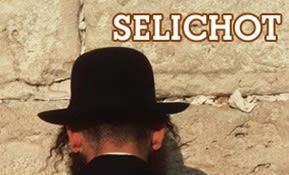
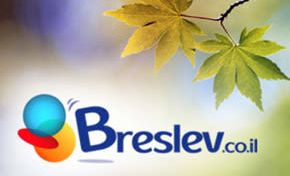

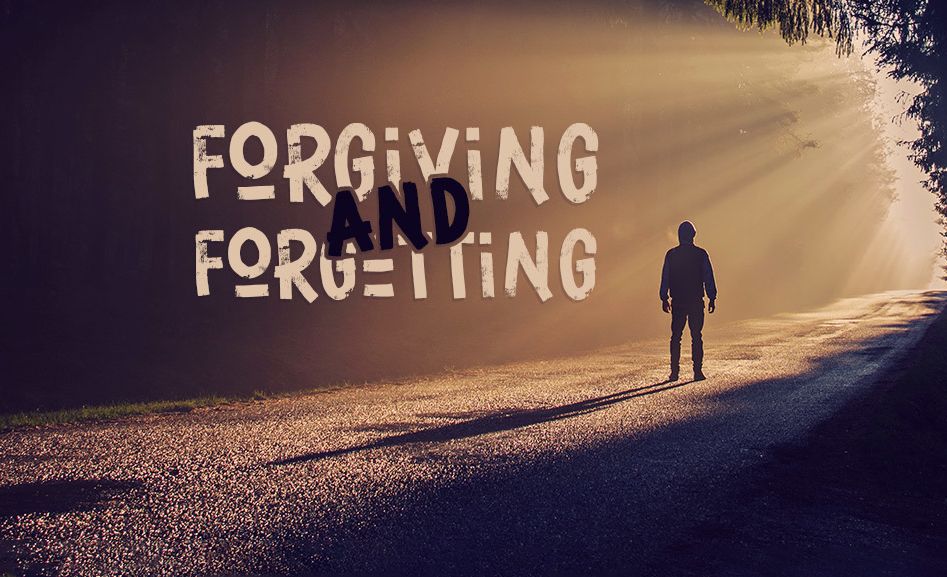
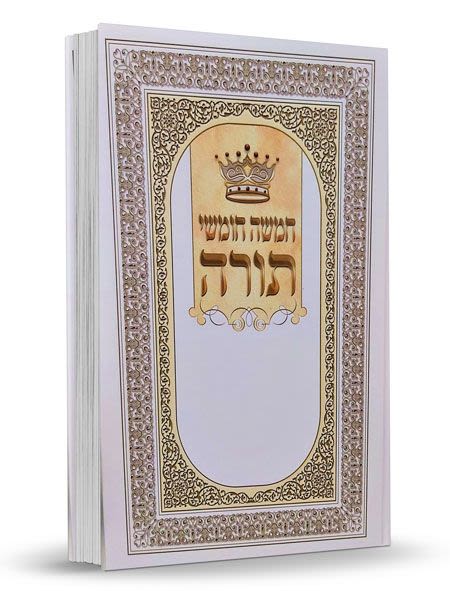
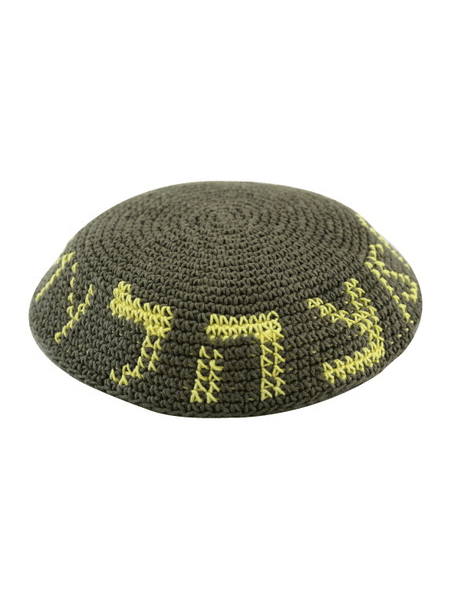
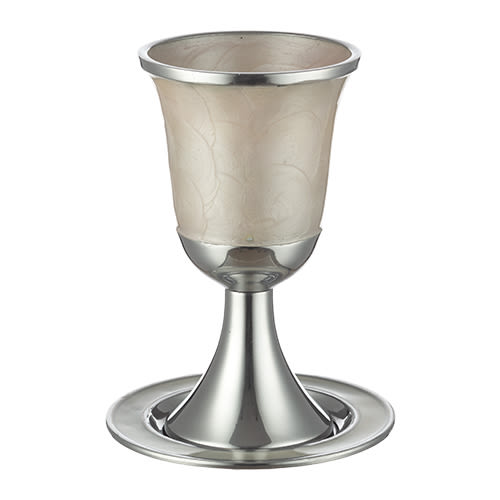
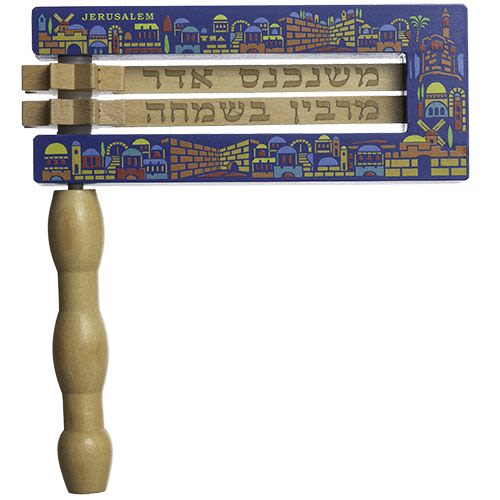

Tell us what you think!
Thank you for your comment!
It will be published after approval by the Editor.